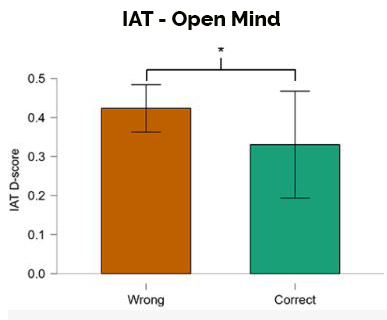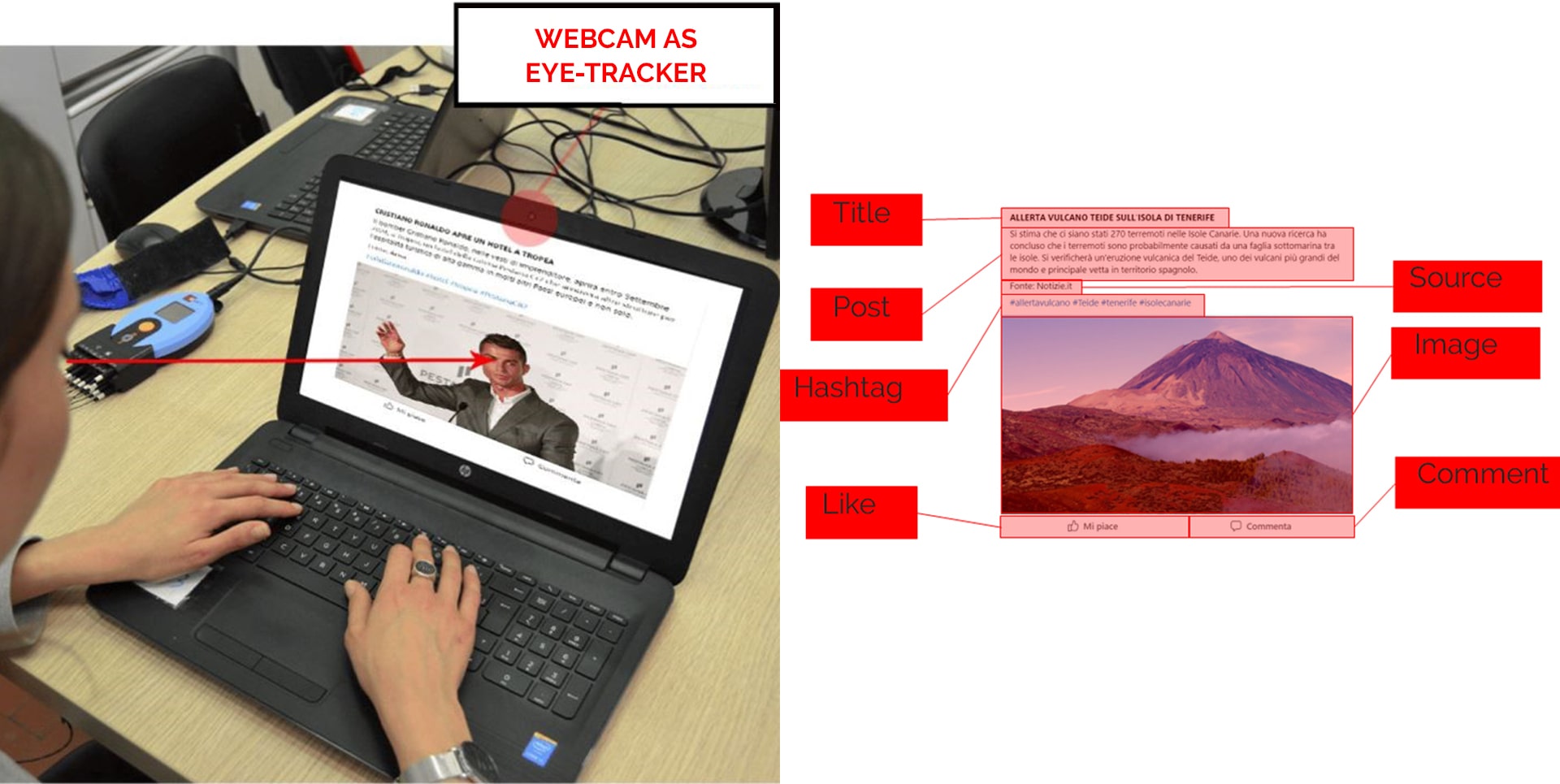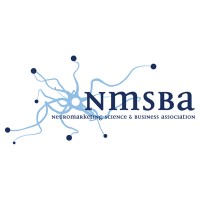Fake news is a rapidly expanding phenomenon, particularly insidious in an era dominated by social media. In this context, disinformation—the deliberate spread of false or misleading information— spreads rapidly, shaping public opinion and influencing critical decision-making processes..
However, there is more to consider: this is not just an informational threat; disinformation is closely linked to Cognitive Warfare, a sophisticated strategy designed to influence the perception of reality and deeply manipulate and control decision-making processes affecting the cognitive mechanisms of individuals, groups or entire populations.
Why are some individuals able to distinguish fake news, while others are more easily influenced by misleading information? The application of neuromarketing research tools has provided valuable insights into this question.
Researchers from Professor Fabio Babiloni’s Neuroscience laboratories at Sapienza University conducted a study aimed at identifying behavioral patterns and personality traits that make individuals more likely to accept fake news as true.
Each participant was shown eight images—four featuring real news and four featuring fake news—formatted to resemble Facebook posts. After reading the content, participants were asked to assess the credibility of the information.
The study employed eye-tracker technology and Implicit Association Tests (IAT) to measure key personality traits such as conscientiousness, open-mindedness, and emotional stability.
The results revealed that participants who were able to correctly assess the veracity of the news tended to focus more frequently and for a longer duration on the text of the post. They also read and understood the text, while spending less time looking at the titles. These results suggest that a deeper examination of the text—rather than relying on attention-grabbing headlines, which may not accurately reflect the content—improves one's ability to differentiate between real and fake news.

Another particularly interesting finding relates to personality traits: the IAT revealed that participants with lower Open-Mindedness levels were better at correctly identifying whether news was true or false. This suggests that higher openness to new ideas is linked to a less analytical and critical approach to information, making individuals more susceptible to fake news.

Article written in collaboration with some students of the degree course Biomedical Scientific Communication at the Sapienza University of Rome with reference to:
Menicocci, S.; Lupo, V.; Ferrara, S.; Giorgi, A.; Serra, E.; Babiloni, F.; Borghini, G. Fake-News Attitude Evaluation in Terms of Visual Attention and Personality Traits: A Preliminary Study for Mitigating the Cognitive Warfare. Behav. Sci. 2024, 14, 1026. https://doi.org/10.3390/bs14111026








